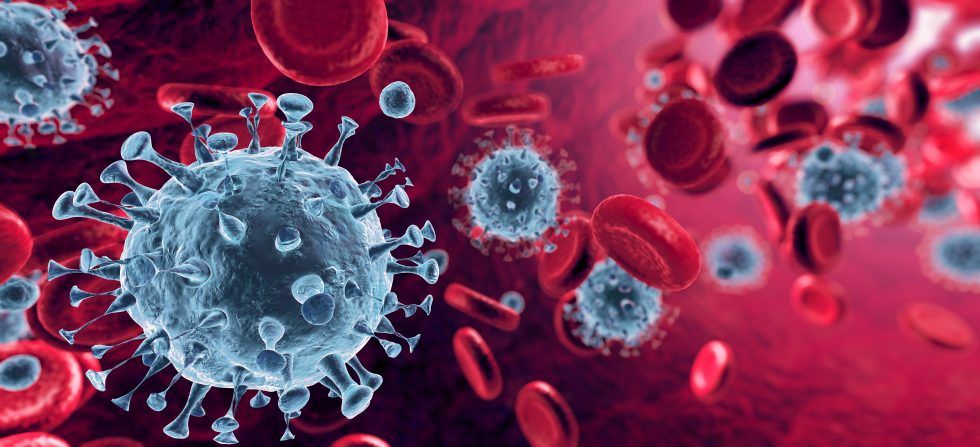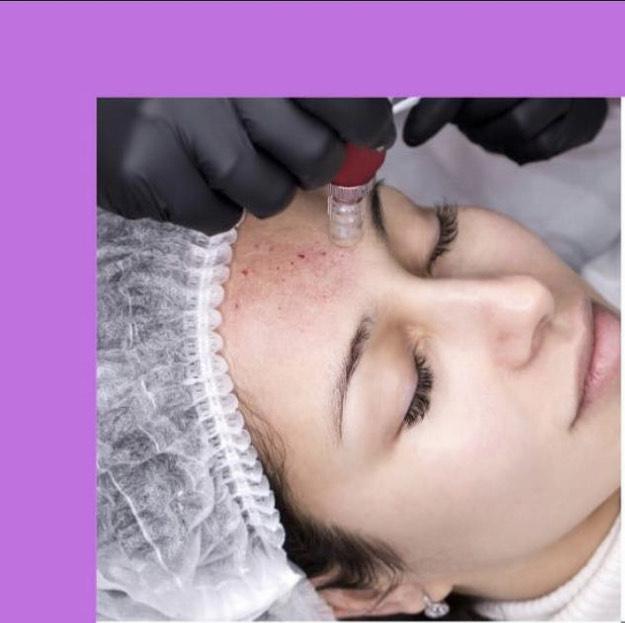What to do after a Melanoma diagnosis
Few things are as distressing as a telephone call from your dermatologist saying that you have been diagnosed with a melanoma, and that you need to come in for further discussion. I hope this blog will be able to provide helpful explanations and guidance for patients who are in this situation. While melanoma is not the most common skin cancer that is found in the US population, it is one of the most dangerous skin cancers. Most melanomas are detected early and can be treated. However, fatalities from melanoma can happen when detected late. It is estimated that we will lose 6,850 people from melanoma this year in the US.
What should you expect at the initial doctor visit after your skin biopsy to discuss a melanoma finding?
- Your dermatologist will discuss the characteristics of the biopsied lesion. Most of the time it was a mole that was changing, or growing irregularly. Your dermatologist will point out features that drew your or the doctor’s attention that led to the spot being biopsied. These attributes are important to recall in case of future encounters with similarly irregular lesions. After one diagnosis of melanoma, there is an increased risk for that person to develop a secondary melanoma.
- Your dermatologist will go over the pathology
report (a report on the details of your melanoma), and discuss what stage
of melanoma you are in. “Staging” is a way for doctors to rate and describe the extent of your skin cancer. There are 5 melanoma stages based on the depth of growth of the skin cancer.
- Stage ZERO: Melanoma is in the very surface layer of the skin
- Stage 1: The cancer is no deeper than 2 mm and has no ulceration
- Stage 2: The cancer may be deeper or worse than in Stage 1, but still has not spread beyond the skin. No lymph node involved or other organs outside the skin.
- Stage 3: Cancer has spread to a nearby lymph node
- Stage 4: Cancer has spread to a distant site
Although all this info may sound scary, the statistics has shown that the odds are with you. 83% of all melanomas are diagnosed at Stage ZERO or 1. The relative survival rate of localized melanoma of the skin is 99%. Meaning if your melanoma is detected in the skin and has not spread, you have a 99% chance of living 5 years or longer after diagnosis (after 5 years, it is considered a CURE in the cancer world and low risk of this cancer causing harm).
- Your dermatologist will want to do a full body skin exam (some clinics refer to it as a “complete skin exam” or “total body skin exam”, or “skin cancer screening” ) on you to screen for other suspicious skin spots. If this has already been done around the time of your initial biopsy, then a visit in 3-6 months to repeat that full body skin exam is expected. All melanoma patients should be screened with a full body skin exam every 6-12 months for a lifetime.
- Your dermatologist will discuss treatment to remove the melanoma depending on your stage.
If you have a Stage ZERO or 1 melanoma, the standard treatment involves removing more skin around the biopsy site, with a surgical procedure that can be done on an outpatient basis, most of the time this can be done with patient being awake. Some complicated locations, especially on the face, may require Mohs surgery (a special tissue sparing technique), or plastic surgery involvement.
For those with early stage melanomas, this surgery (referred to as a “wide local excision”) may be the only treatment needed for the melanoma.
For those who have advanced melanoma, lymph node testing, imaging scans, and more complex treatment regimen will be discussed. Every treatment plan will be different depending on the patient’s age, health history, and personal preferences. A referral to a university hospital may be needed for more complex treatment of advanced melanomas.
Good website resources:
- nccn.org : Patient guidelines for melanoma
- https://seer.cancer.gov/statfacts/html/melan.html : for melanoma statistics
- https://www.mayoclinic.org/diseases-conditions/melanoma/diagnosis-treatment/drc-20374888
Good questions to ask on your visit to discuss a melanoma diagnosis:
- Do I have melanoma?
- How deep is my melanoma?
- What is my melanoma stage?
- Has my melanoma spread beyond the skin?
- What other tests do I need?
- What are my options for treatment?
- When do I need to be seen back again in clinic?
For more info or further questions about your skin health contact us at dsbtelederm@thedermspecialists.com or (810) 355-4300 . We continue to offer virtual visit appointments for medical concerns in addition to our clinic hours.
The post What to do after a Melanoma diagnosis appeared first on Dermatology Specialists of Brighton.




